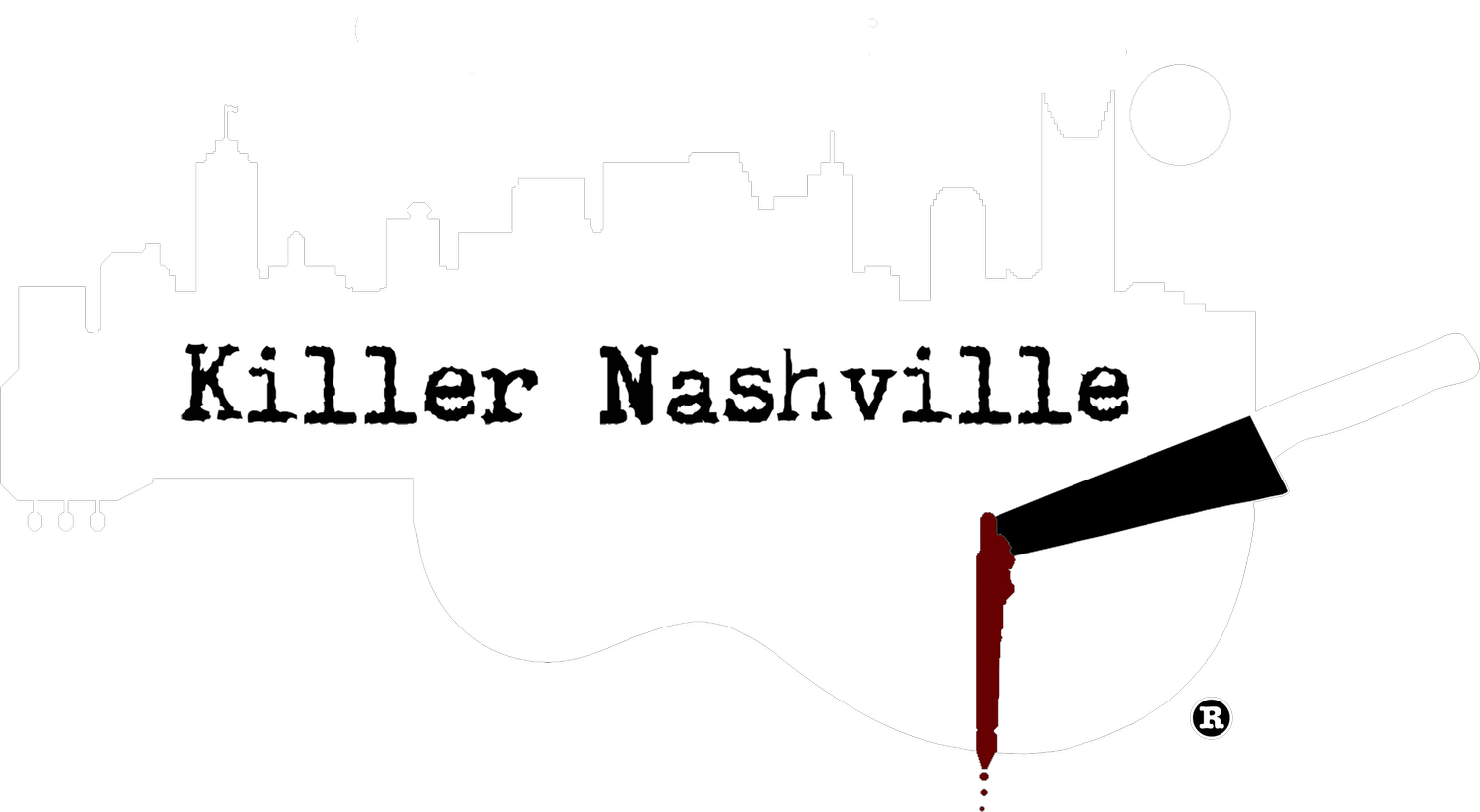Killer Nashville Interview with Jeffery Deaver
An Interview with Jeffery Deaver
by Clay Stafford
Jeffery Deaver is one of the best writers on the planet today, as well as being a longtime supporter of Killer Nashville. Not only is he the author of around forty bestselling books (including a James Bond novel and The Bone Collector [made into a movie starring Denzel Washington]), Deaver is also an incredible teacher. This year, he’ll be doing a special writing intensive on Thursday at Killer Nashville covering the nuts and bolts of creating a highly commercial story. It’s a must-go-to class for anyone wanting to take their writing up a few notches. And from what better person to learn than from a man who has sold over 50 million copies of his books in over 150 countries and in over twenty-five languages. With the release of his on-the-edge-of-your-seat new book, “The Cutting Edge”, I talked with Jeff about his writing habits and what he will be teaching this year at Killer Nashville. And if you want to sign up for Jeff’s writing intensive, you can do so here.
CS: Your books are solid and obviously well-researched. Where or how do you do your research? Do you actually go on location? Or do you research through books and the Internet?
JD: Thanks! For geographic locations, I always go to the sites I’m writing about. I once wrote about a river I had been to years before—a raging torrent. It had been dammed by the time I set an exciting scene in my book there. The worst that could happen was you’d be stuck in the mud. I heard about that from fans! As for the other research, generally I do online and book work. Occasionally I’ll reach out to an expert in the field, but generally that’s not necessary.
CS: Your books always have a series of plot twists. Do you have a writing formula that works for you as a storyteller?
JD: For me, this genre is all about the plot and twists (other crime writers prefer character-driven stories). The overall formula is to keep Mickey Spillane’s comment in mind: People don’t read books to get to the middle. I do whatever I can to propel readers through the story. Twists help me do that, as readers know they’ll be surprised. The formula is to create clues in the form of people, events and objects that either 1. serve two purposes, an innocent purpose being the most obvious or 2. are lost in an avalanche of trivia. Rule one with twists: You must never cheat.
CS: You write both novels and short stories. Is one easier to write than the other?
JD: Both should create deep emotional engagement. Novels, of course, are more grunt labor, since you need to create an elaborate world and characters we care about, to achieve that goal. Short stories have as their payoff, solely a twist, and we don’t need to do more than make our characters chess pieces, which might, or might not, be utterly destroyed in the end.
CS: Your stories are intricately woven. Obviously there is an outline. Otherwise the plots wouldn’t be as solid as they are. How extensively do you outline your projects and what does that outline look like?
JD: Oh, yes, I spend 8 months outlining. My book for 2019 has been planned out and the outline is 130 pages or so, single spaced, though that’s with very wide margins, since I take notes in the white space. It has every element of the story including all the clues, characters, notes, cross-references, subplots. A book (any book, even non-thrillers) is about structure as much as fine prose (I’d even say structure is more important than an elegant style). Some authors can achieve this structure by simply sitting down and writing. I can’t. My books are long and complicated, with the subplots weaving in and out with the main plot. An outline is necessary. Also, I’ve found that an outline lets you know early in the game whether a novel or story will work. It’s much easier to throw out a ten or twenty page outline when you’ve decided that it’s a no-go project, rather than creating 200 pages of prose and coming to that unfortunate conclusion.
CS: You’re doing a writing master class at Killer Nashville on Thursday, August 23 this year. Everyone is excited. Can you give us an overview of what we’ll be learning at the session?
JD: The course looks at the dozen or so general principles of writing fiction (such as defining goals, dealing with your publisher, and—yes—outlining), and then in depth analysis of the four elements of fiction: plot, character, dialogue and setting. It’s both helpful and funny. I’m really looking forward to it!
- Clay StaffordFounder of Killer Nashville
Many thanks to Jeffery Deaver for so graciously taking time to answer our questions and to
Andy Dodds from Grand Central Publising for facilitating this interview.



